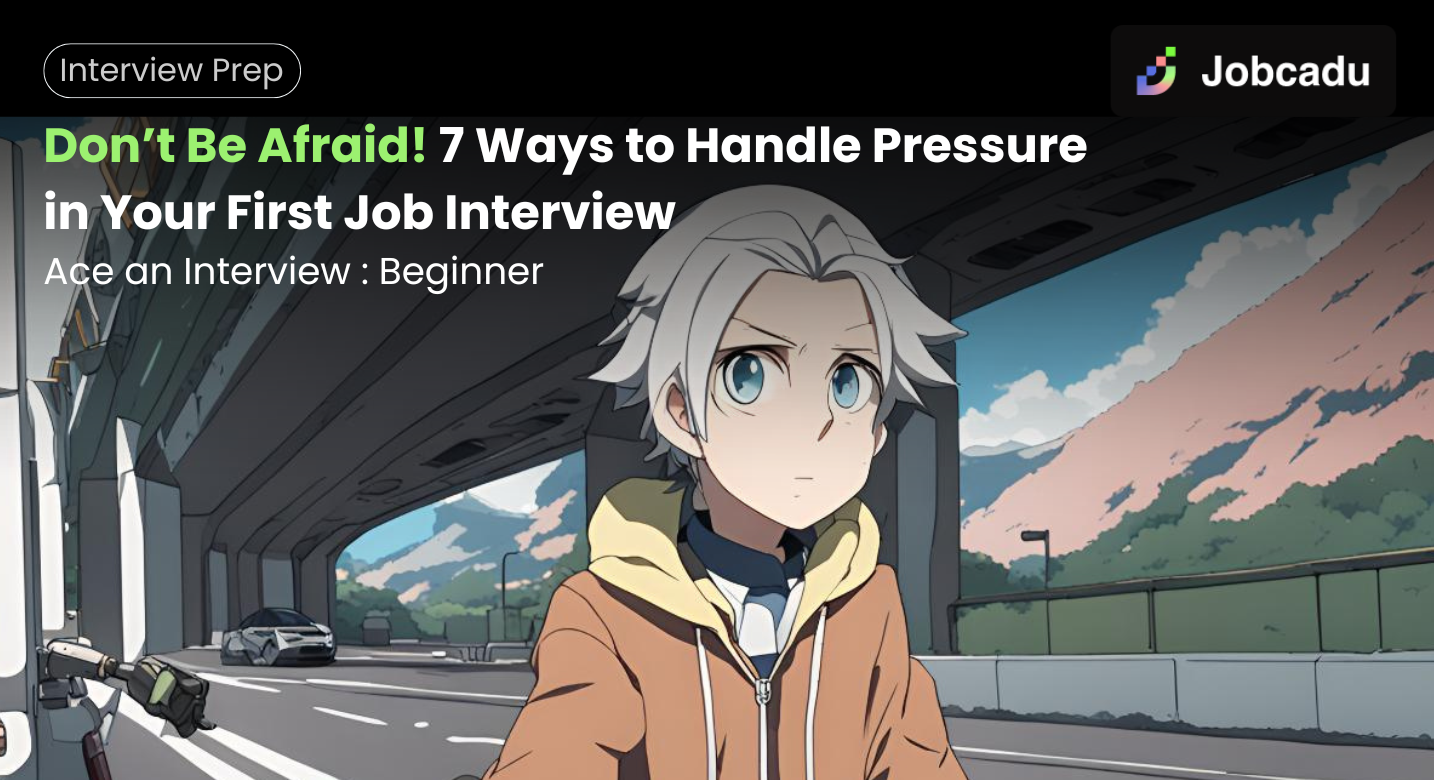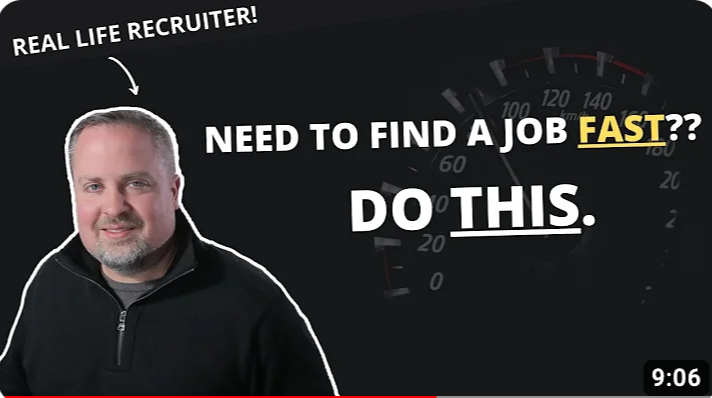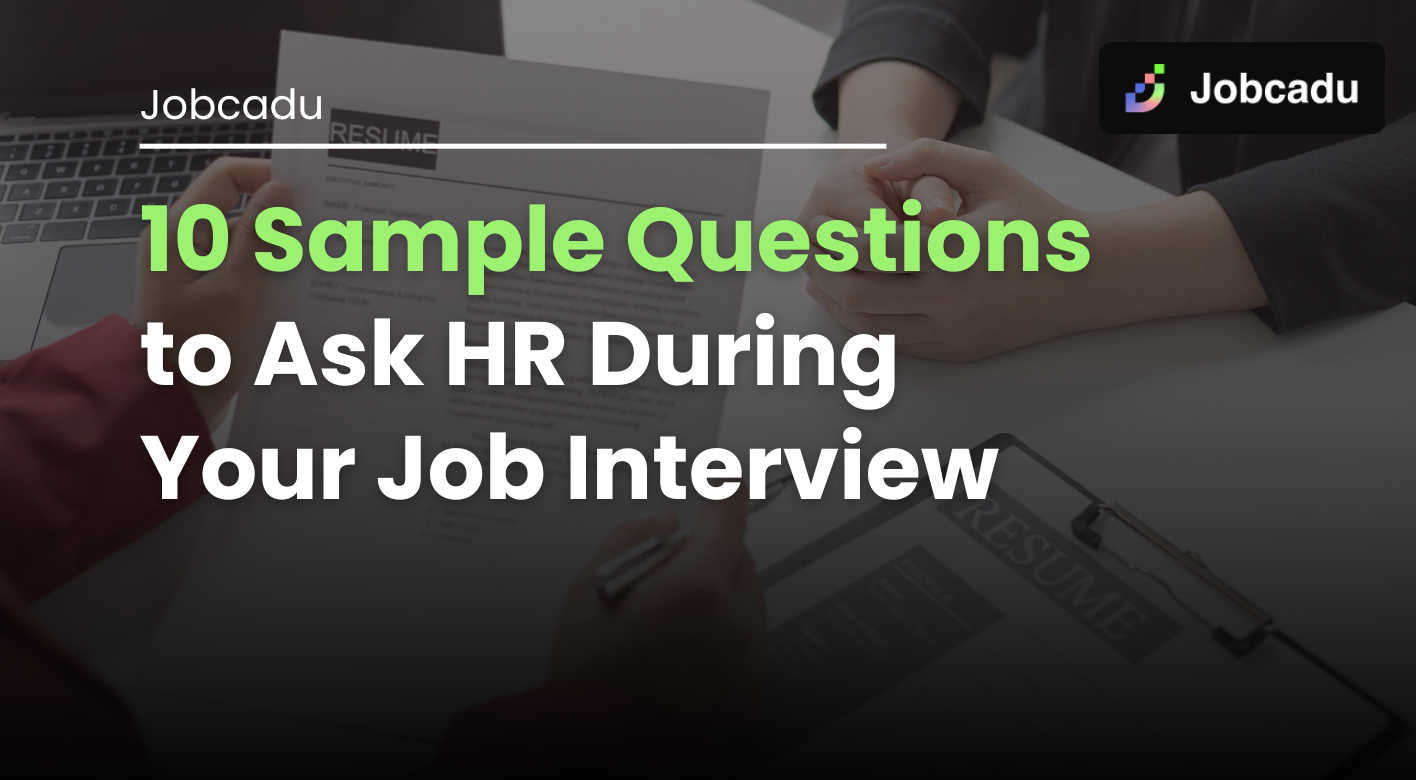
What is a Job Description (JD) and Why is it Important in the World of Work?
Have you ever seen the term Job Description (JD) in a job posting? Many people tend to overlook it, but it’s actually the heart of every position — outlining everything you need to know, from the duties and responsibilities to the qualifications that make the right candidate. Let’s take a look at why a JD is more important than you might think! A Job Description (JD) is a document that outlines the details of a specific position, including duties, responsibilities, required qualifications, and working conditions. It serves as clear communication between employers and employees, ensuring that everyone understands what the job entails. Key Components of a JD 1. Job Title: The job title is the first and most important element because it identifies and references the position. It should be clear, easy to understand, and accurately reflect the role’s responsibilities. Examples: Marketing Executive, Software Developer, HR Officer. Some organizations may add a department or seniority level, such as Senior Marketing Manager (Digital) to show the job level and area of work. 2. Responsibilities: This section describes the main duties of the position, ideally divided into: Core (primary) responsibilities Secondary responsibilities Reporting lines (who you report to and who you support) For example, a Marketing Manager may be responsible for planning marketing campaigns, analyzing market data, and reporting results to senior management. 3. Qualifications & Skills: This section outlines what a person needs to succeed in the role. Qualifications may include: Education level (e.g., Bachelor’s, Master’s degree) Required experience (e.g., 3–5 years in Marketing) Specialized expertise (if applicable) Skills may include: Technical Skills: e.g., software proficiency, programming languages Soft Skills: e.g., communication, teamwork, problem-solving Language Skills: e.g., English, Thai Why a JD is Important for Job Seekers Clarity and Understanding: Helps candidates understand the nature of the job and what is expected—avoiding confusion or mismatched expectations. Better Job Matching: Enables applicants to assess whether they are a good fit for the position before applying—saving time for both parties. Interview Preparation: Provides insight into what areas to prepare for to perform well in interviews. Fair Evaluation: Ensures all candidates are evaluated against the same set of requirements and skills. Why a JD is Important for Organizations and HR Role and Responsibility Clarity: Ensures employees understand their duties, reducing confusion and workplace conflict. Performance Evaluation: With a clear JD, HR can fairly assess performance based on measurable expectations. Salary and Compensation Management: Helps determine appropriate pay based on job complexity and responsibility level. Training and Development: Allows HR to identify training needs that align with job requirements. Bias Reduction: Establishes consistent hiring criteria, reducing subjectivity and bias in recruitment. Examples of Real JDs Marketing Executive Plan and execute online marketing campaigns Create and manage social media content Coordinate with design teams and partners Qualifications: Bachelor’s degree in Marketing or related field Good communication and creative thinking skills Ability to use online advertising tools (Facebook Ads, Google Ads) HR Officer Manage recruitment and employee interviews Maintain employee records and benefits Support internal organizational activities Qualifications: Basic knowledge of labor laws Experience with HRM systems Strong communication and coordination skills Conclusion: Why JD is the “Heart” of Recruitment and Workforce Management A Job Description is not just a formal document—it’s a vital bridge between organizations and employees. For Job Seekers: It provides clarity, helps them choose the right job, and prepares them for interviews—ensuring that the right people apply for the right roles. For Organizations and HR: It supports fair performance evaluation, structured HR management, employee development, and efficient resource allocation. A clear and well-structured JD is therefore the foundation of effective human resource management and the heart of modern recruitment and organizational success. Ready to find a job with a clear and well-defined JD Start your search today at Jobcadu.com.
.png)







